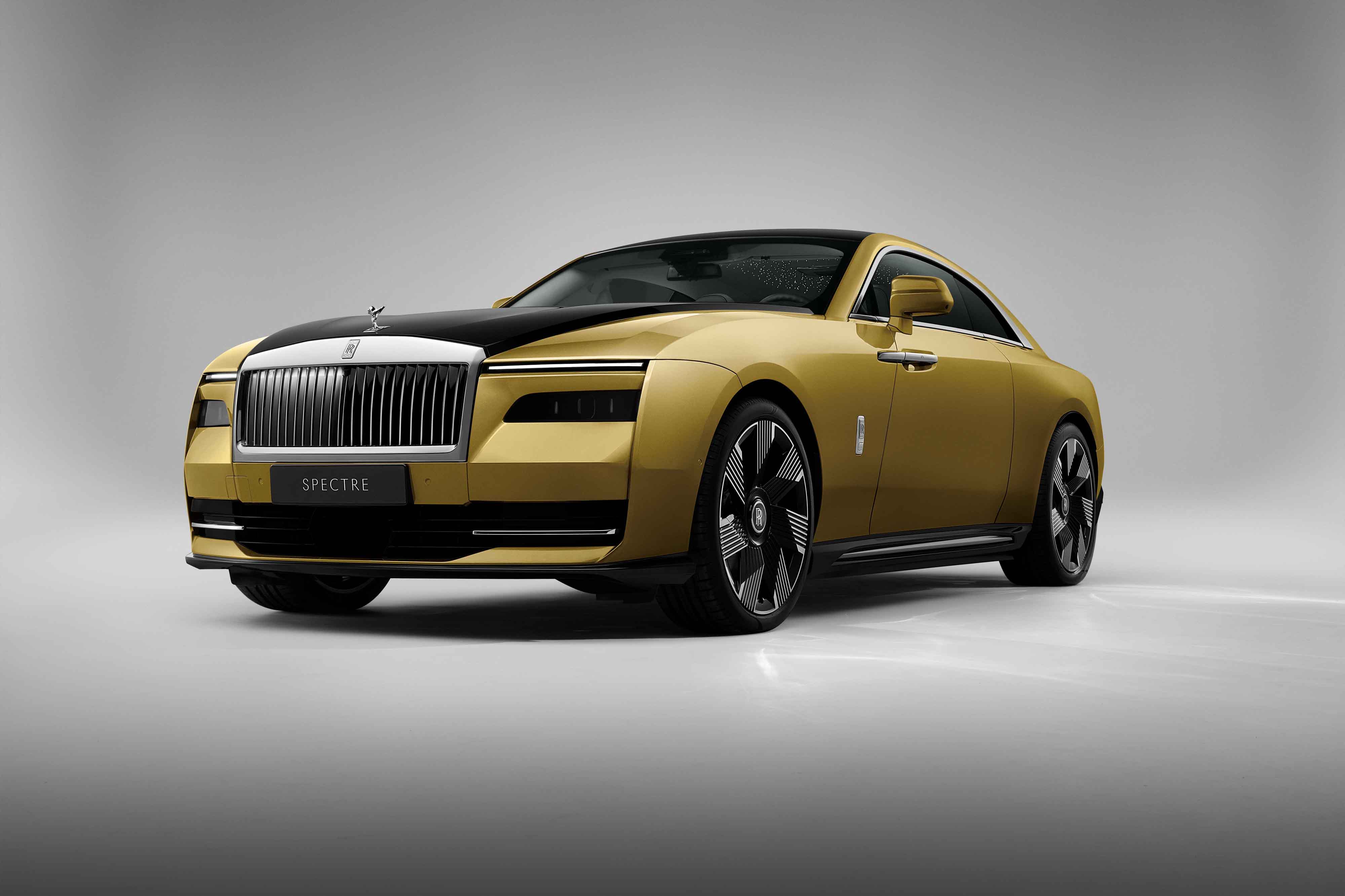Rolls-Royce confirms all new cars to be fully-electric by 2030
Upcoming Ghost and Cullinan facelifts will be the last to be powered by V12 engines


Rolls-Royce has confirmed that all new cars announced after 2030 will be fully-electric, marking the end of the road for its iconic V12 engine.
The company has made similar claims for the past year or so now, as it edges closer to mass-producing its first electric car, the Spectre, which is due out later in 2023. Rolls-Royce explained how, after face-lifted ‘Series 2’ versions of the current Cullinan and Ghost have arrived, both with V12 engines, the company will focus on pure-electric vehicles.
Speaking to Autocar, boss Torsten Muller-Otvos said: “By the end of 2030, there will be no more V12. Series 2 cars will be V12, brand new Rolls-Royces always be electric.” However, he added: “We’ve not fallen out of love with V12, and we’ll invest in it to meet new requirements. It’s a lovely transformation from V12 to EV.”
The statement comes as Rolls-Royce prepares to begin delivering the electric Spectre, which has a range of around 285 miles and is expected to cost from about £300,000 – plus optional extras which, given this is Rolls-Royce, can extend into six-figure territory.

On that note, it was announced this week that the average price of a Rolls-Royce crossed the €500,000 (£440,000) threshold in 2022, as buyers spent lavishly on personalisation. At the same time, the average age of a Rolls-Royce buyer has plummeted, from 56 to just 42 since the current CEO took charge in 2010. Meanwhile, the proportion of female buyers has grown from under 1% to around 17% today.
The company hasn’t said when it will stop producing Series 2 versions of the existing Phantom, Ghost and Cullinan cars with V12 engines. Muller-Otvos pointed out how the first Phantom was in production for 14 years and currently accounts for 10% of Rolls-Royce production, so it is likely that V12 engines will be produced for as long as regulations allow.
It’s also worth bearing in mind that, while countries like the UK intend to ban the production of new non-hybrid cars in 2030, other countries’ rules could change more slowly.
Get all the latest news, reviews, deals and buying guides on gorgeous tech, home and active products from the T3 experts
Lastly, Muller-Otvos said how Rolls-Royce would continue to make ultra-limited vehicles for its most loyal customers; vehicles like the Boat Tail, of which two currently exist. He suggested another such car will be revealed imminently, and that similar limited-editions will be built every couple of years on an invitation-only basis.
Alistair is a freelance automotive and technology journalist. He has bylines on esteemed sites such as the BBC, Forbes, TechRadar, and of best of all, T3, where he covers topics ranging from classic cars and men's lifestyle, to smart home technology, phones, electric cars, autonomy, Swiss watches, and much more besides. He is an experienced journalist, writing news, features, interviews and product reviews. If that didn't make him busy enough, he is also the co-host of the AutoChat podcast.
